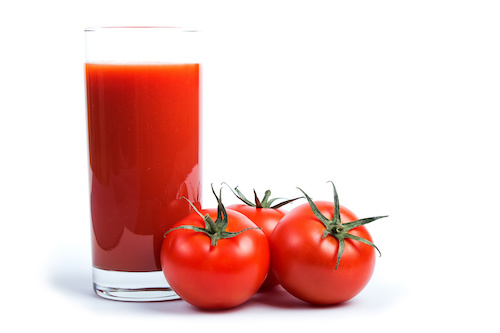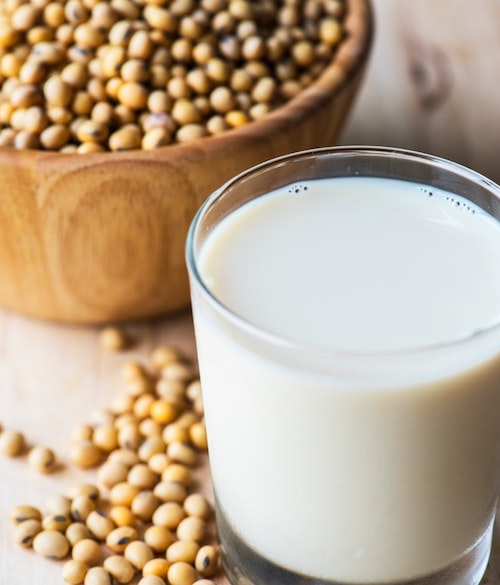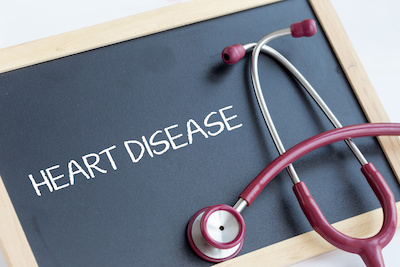Alcohol Consumption Prior to Conception Raises Congenital Heart Disease Risk
Aspiring parents should both avoid alcohol consumption prior to conception to protect against congenital heart defects for both their baby and parents, according to research published today in the European Journal of Preventive Cardiology, a journal of the European Society of Cardiology (ESC). Alcohol consumption three months before pregnancy orRead









